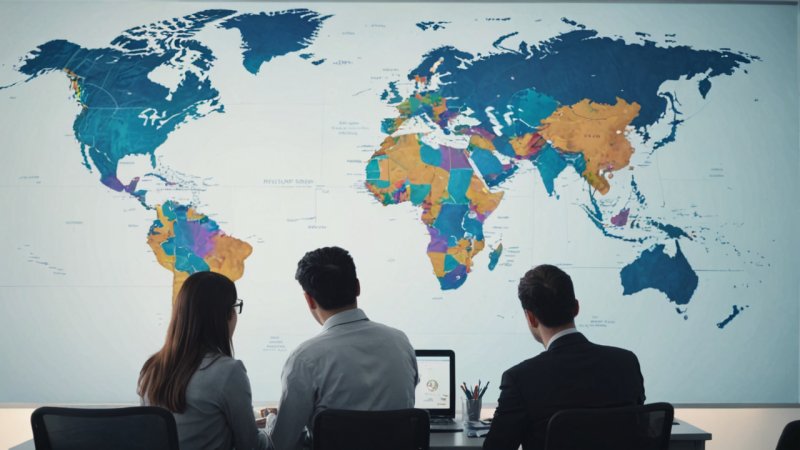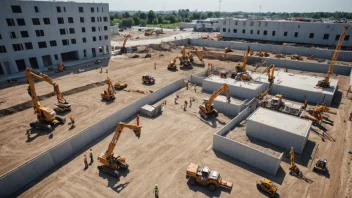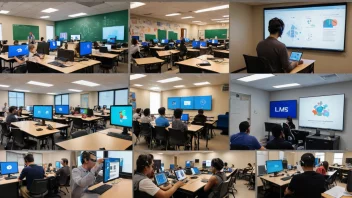What is globalization in the context of engineering?
Globalization refers to the interconnectedness of economies, cultures, and populations across the world. In engineering, this means that practices, technologies, and ideas are shared and implemented globally, resulting in a more collaborative and innovative environment.
How has globalization changed engineering practices?
Globalization has led to the standardization of engineering practices, allowing for a more uniform approach to design, manufacturing, and project management. Engineers now collaborate across borders, utilizing diverse skills and perspectives, which enhances creativity and problem-solving.
What are some benefits of globalization for engineers?
- Access to a larger market: Engineers can work on international projects, expanding their career opportunities.
- Knowledge sharing: Global collaboration facilitates the exchange of innovative ideas and techniques.
- Cost efficiency: Companies can outsource engineering tasks to regions with lower labor costs, reducing expenses.
Are there any challenges associated with globalization in engineering?
Yes, while globalization offers many advantages, it also presents challenges such as cultural differences, communication barriers, and the potential for job displacement in certain regions. Engineers must navigate these complexities to work effectively in a global environment.
How does globalization affect engineering education?
Engineering education has increasingly integrated global perspectives, emphasizing the importance of understanding international standards and practices. Students are encouraged to participate in study abroad programs and internships that expose them to global engineering challenges.
What role does technology play in the globalization of engineering?
Technology has been a driving force behind globalization, enabling real-time communication and collaboration through tools like video conferencing, cloud computing, and project management software. These advancements allow engineers to work together seamlessly, regardless of their physical location.
How can engineers prepare for a globalized workforce?
Engineers can enhance their global competencies by learning new languages, understanding different cultural contexts, and gaining experience in international projects. Continuous professional development and networking with global professionals can also be beneficial.
What is the future of globalization in engineering?
The future of globalization in engineering looks promising, with increasing collaboration across disciplines and borders. As global challenges such as climate change and infrastructure development arise, engineers will play a critical role in finding innovative solutions that require a global perspective.
In conclusion, globalization has significantly impacted engineering practices by fostering collaboration, knowledge sharing, and innovation. While challenges exist, the benefits of a globalized engineering environment are substantial, paving the way for future advancements and opportunities.






